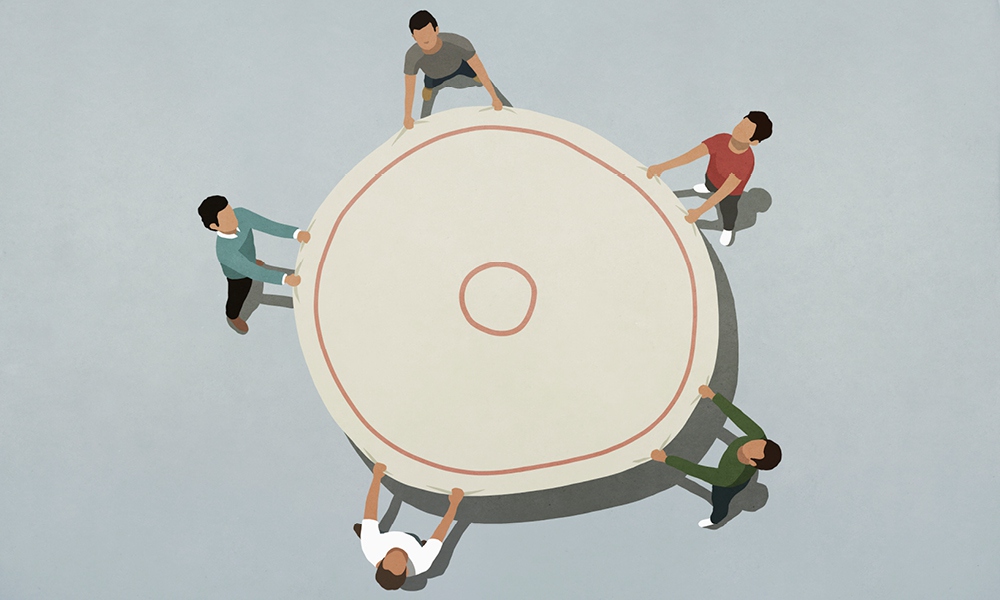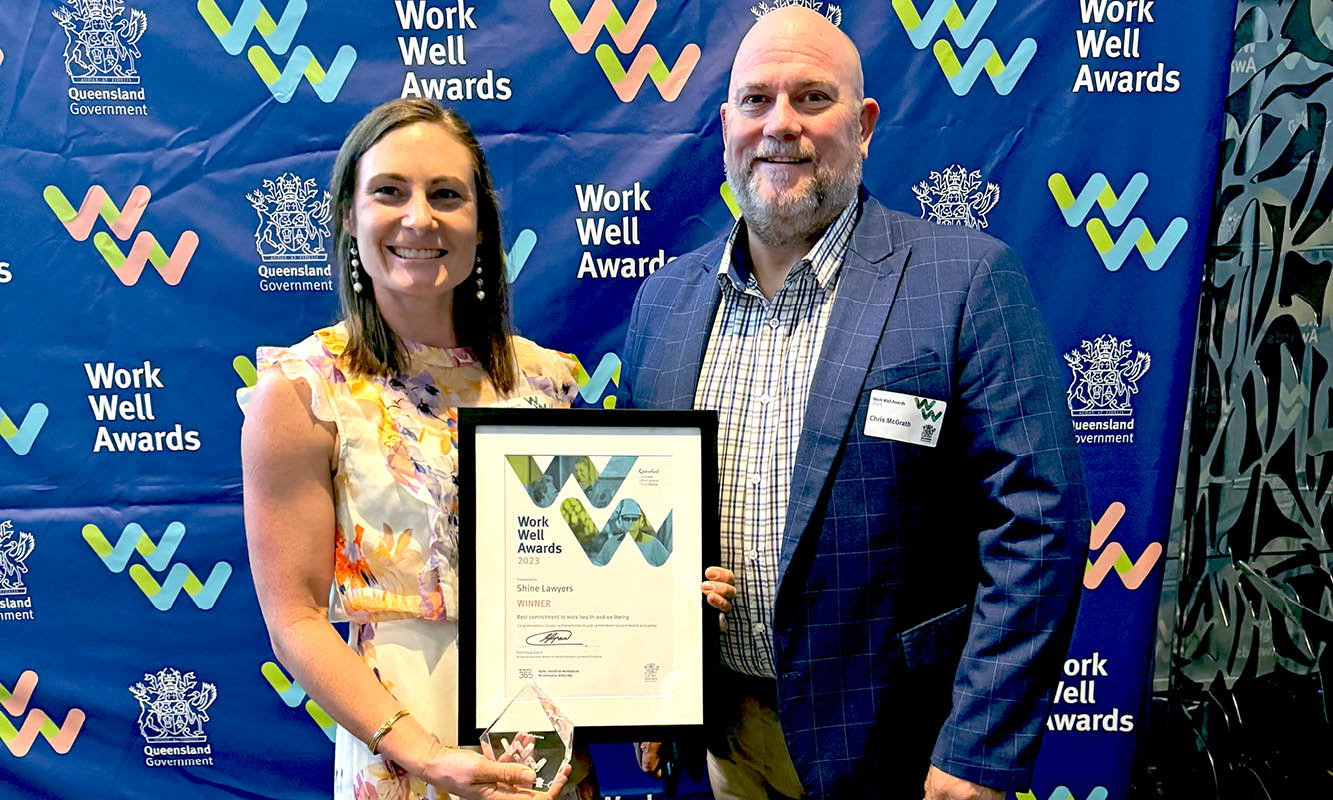The way you habitually look at the world (e.g. situations, experiences, other people, ideas and emotions) and how you interpret both positive and negative events can be the deciding factor of how stressed or calm, motivated or frustrated, confident or anxious you generally feel in life.
“Cognitive reframing” describes the process of identifying and then changing the way you perceive and respond to a situation and other people, so that you are able to deal with them in more constructive and positive ways. As our interpretation of events determines how we experience the world, learning how to reframe your view on things can significantly increase your emotional wellbeing.
To better understand what reframing means, think about how you use and the purpose of a camera lens: you can change what is seen through the lens by adjusting the view to closer or further away, zooming in on a specific element in your frame, or moving the focus around. By modifying the lens settings, you can dramatically change the resulting picture, e.g. the mood it carries, what remains hidden to the viewer and what is exposed, where the focus lies and what is relegated to the background. Think of your mind as doing a similar thing when it constructs a view of the world around you.
Here are some techniques that can help you reset your mental lens:
- Be specific about what’s stressing you. It’s easy to get lost in feelings of frustration, helplessness or anger. Rumination and repetitive thoughts can trap us in negative thinking patterns without providing the motivation or impetus to take positive action. Instead of spinning in an endless negative mental loop, try to identify the specific aspects of the situation that are stressing you the most. Is it that your needs are not being met (which one)? Is someone pushing your boundaries, or overstepped the mark? Have you been hurt or irritated by someone’s choice of words, or are you asked to let go of particular hopes and expectations?
- Go granular on your emotions. A lot of the time, we remain stuck in our inner narrative of “being stressed” without unpacking this generalised description further. You may find that instead of just being stressed, you actually feel disappointed, frustrated, offended, worried or isolated. Take some time to work through your emotions and discover the many layers and nuances. This isn’t just a matter of developing a richer emotional vocabulary – the goal is to increase your self-awareness so that you can better use your emotions as directives or signposts to the underlying issues. This will help you to respond to the cause of these difficult emotions more constructively.
- Focus on what you can control. Once you have identified what is behind your emotional response, it is important to differentiate between what you can control or influence, and what you need to accept and learn to live with. Knowing the difference will allow you to use your finite energy resources strategically while protecting your mental health and wellbeing. Remember that your freedom lies in choosing your response to a situation and other people: while you may not be able to change the circumstance in which they come, you can change their impact on your thoughts or wellbeing by adjusting your expectations, mindset or what you pay attention to.
- Find the silver linings. Certainly,not every situation is positive – but there is something positive to be found in almost every situation. This is not about wearing rose coloured glasses or fooling yourself, but about remaining open to small gains or moments of joy along a difficult path. For example, are the challenges you are struggling with at the moment teaching you valuable skills that you will be able to use in other situations? Is adversity in your life bringing you closer to other people that you can lean on or learn from? Has working through obstacles given you important insights into who you are as a person? On a smaller scale, try to salvage little gains from daily irritations. Stuck in traffic? Time to listen to your favourite music or a stimulating podcast. Last minute cancellation of appointments? Use the unexpected free time to do some exercise, write in your journal or call a friend. The idea is not to gloss over negatives, but make sure you also notice positives and shift your focus to them.
- Embrace humour. Funny comments and a good laugh can be a wonderful defence mechanism against stress. If you can mentally step back from the situation for a moment, you may be able to find aspects that are so absurd that you can’t help but laugh or which will make for a good story to tell to your friends later. Humour can defuse a tense situation and help you bond with others. Watching a funny video or show can also bring temporary relief, refocus your energy, or enable you to relax a little. If you are still unsure about the appropriateness of humour, there is serious scientific evidence for its positive impact on our psychological wellbeing: a good laugh releases endorphins, the body’s feel-good and pain-relieving chemicals, and reduces the stress hormone cortisol.
If you would like to learn more, don’t hesitate to reach out to the QLS Solicitor Support service on ethics@qls.com.au or p. 3842 5843 to speak to someone in a judgement-free and supportive environment. id Table 5 D













Share this article